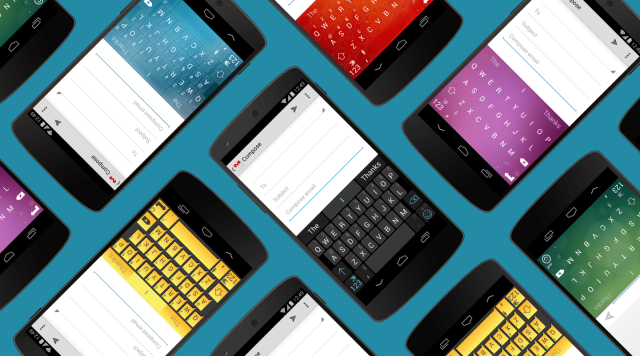
Microsoft has confirmed that it has acquired the London-based startup SwiftKey, maker of the popular predictive smartphone keyboard of the same name. According to Microsoft, development for both iOS and Android platforms will continue, even as the company explores “scenarios for the integration of the core technology across the breadth of our product and services portfolio.” Microsoft is believed to have paid about £170 million ($250 million) to acquire SwiftKey.
The acquisition is neither a new nor unexpected development for Microsoft. SwiftKey is easily one of the most popular keyboard apps available with over 300 million devices utilizing its functionalities and Android support for over 100 languages. Not only that, the company has the distinct pride of having developed a special language model to assist physicist Stephen Hawking.
SwiftKey also has what it calls GreenHouse, a place “to seed ideas and help them grow.” Currently, it features a range of experimental Android apps, such as the SwiftKey Neural which is reportedly the first of its kind to use neural networks. All things that fit perfectly with Microsoft’s desire to “develop intelligent systems that can work more on the user’s behalf and under their control.”
What’s also interesting is that the buyout continues Microsoft’s recent trend in purchasing excellent productivity apps. Over the last year or so, the company picked up Acompli, Wunderlist, and Sunrise, the first two of which has been (sort of) relaunched as the new Outlook. It won’t be surprising if SwiftKey and Sunrise are similarly repackaged, increasing Microsoft’s hold on the busy market.
And there’s also the possibility that this flurry of acquisitions might reinvigorate the torpid Windows Phone ecosystem, or it could simply be symptomatic of the situation. Having struggled to compete with the iOS and Android, Microsoft is changing strategies by establishing a solid presence in the rival marketplaces using platform-agnostic apps.
reader comments
48